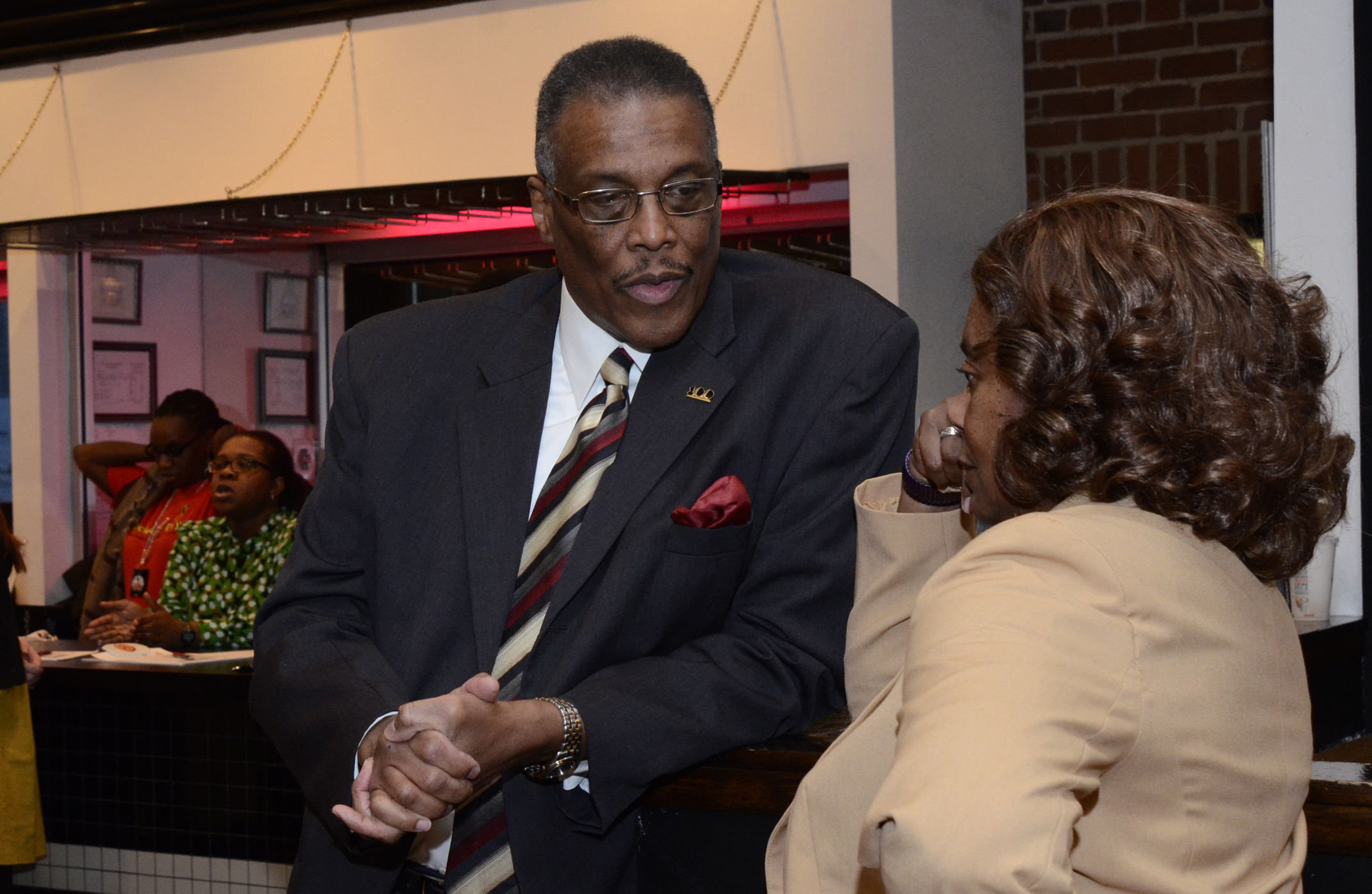Blacks make up only 14 percent of the national population but account for 44 percent of new cases of AIDS, according to the National Black HIV/AIDS Awareness Day website.
So every year for the past 12 years the Southeast Tennessee Council for HIV/AIDS Care & Prevention hosts a free dinner to warn anybody who will listen to use protection when having sex.
"HIV is a monster in the African-American community that does not have to be there," nurse practitioner Marye Bernard said. "It is 100 percent preventable and 100 percent treatable. Connect with a health care provider. Take care of yourself and you can live a normal life."
Bernard, of Memphis, was the speaker for the council's annual National Black HIV/AIDS Awareness Day program Thursday.
She spoke to nearly 200 people who gathered at the Bessie Smith Cultural Center.
The goal is to encourage people to get tested and get treatment, said Erskine Oglesby, event chairman. Organizers also want to get rid of the stigma concerning HIV/AIDS so that people can test their HIV status as freely as they test for blood pressure or cholesterol, said Oglesby, who also represents 100 Black Men of Chattanooga.
Jim Samples, who founded local HIV/AIDS organization Chattanooga CARES in 1986, said he is happy with the progress toward acceptance that he sees. He spoke while watching people gather at the cultural center.
Samples said he paid for office space and a telephone on Brainerd Road in 1986 to open a Chattanooga CARES office but he shortly was asked to leave. He said people complained that the people he would attract would be bad for surrounding businesses.
"When I started all those years ago, nobody wanted to have anything to do with anybody. So seeing this is a good feeling," he said Thursday.
The Chattanooga-Hamilton County Health Department also supported the event.
Anyone sexually active is at risk for AIDS and any other sexually transmitted disease, said Cynthia Wood, the health department's disease intervention specialist.
"Don't be lulled into thinking this can't happen to you," she said. "We have to be responsible for our choices and understand that there are consequences."

